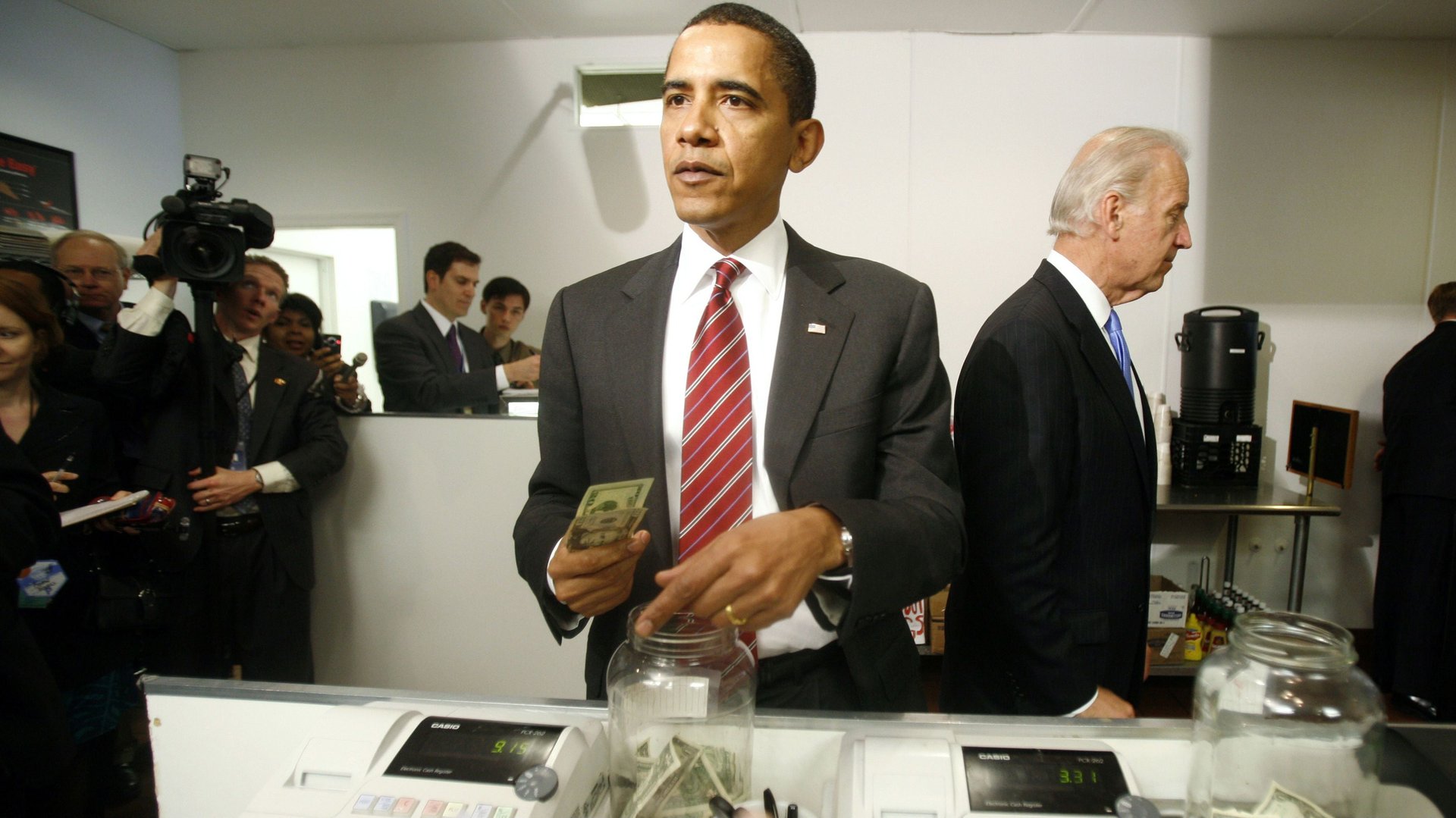Why you shouldn’t give your friends a discount
This post originally appeared at LinkedIn. You can follow Dharmesh here.


This post originally appeared at LinkedIn. You can follow Dharmesh here.
Imagine you and I are friends. You just opened a new restaurant in Boston. You invite me during opening week. I bring my wife. We order a nice bottle of wine and have a great meal. You don’t let me pay the check. “It’s on the house,” you say. “I just really appreciate you coming by and supporting me. Oh, and thanks for that tweet out to your network and helping get the word out!”
Here’s another example (which for me, happens a lot more often, since I’m a tech guy): Imagine you and I are friends. You just launched a startup; your new product is awesome software that helps book authors promote their book (I actually have a book titled “Inbound Marketing” about growing businesses). You run me through a demo—and I think it’s worth trying out because it might help me. You’re trying to get people to pay $19.99/month but you’d be delighted to have me as a customer, and as such, offer to let me use it for free. And, of course, I shouldn’t pay for the product—definitely not full price, right? Not only are we friends, but I’m also doing you a favor simply by using a product that’s not completely baked.
In both cases, giving me a freebie is the right thing to do, right? And, for me to accept that generosity makes sense too, right?
Wrong. As a friend, in both examples, I think I should pay full price. Don’t get me wrong, I should get some special treatment for being a friend—and for being an “early customer” that believes in what you’re doing and wants to support you—but that “special treatment” shouldn’t be in the form of discounts and freebies.
When you pay full price to an entrepreneur, costs you very little—but it means a lot to them.
Why? Receiving a discount is nice but ultimately irrelevant if you genuinely value that product or service. Paying full price doesn’t mean that much to you, it’s not going to change your life all that much. But it means a lot to your friend. It really does. And, it’s not about the money. It’s about validation and feedback.
Validation—because even though you’re a friend, it’s always a magical moment for an entrepreneur to have someone pay them for creating value. It’s like when you got your first job and received your first paycheck. It has high emotional value.
Feedback—because if you paid full-price for the product, you might be slightly more likely to give honest feedback to your friend. Back to my software startup example. If I had accepted the product for free from my friend, I’d feel a little bit squeamish about complaining about something that was wrong—or giving tough critical feedback. Yes, intellectually I know that my friend would value that critical feedback but it would feel a little strange complaining about something I wasn’t paying for. By being a fully paying customer, it someone feels right that I should get the experience a fully paying customer should get.
And, speaking of feedback, just the act of me paying is actually useful feedback in and of itself. Did the website work? Was it able to take my credit card? How did it show up on the bill?
So try this. The next time a friend offers a discount, don’t take it. Pay full price. Be gracious, though. Say, “I appreciate the offer, but I can’t take you up on it. I know I’m happy to pay. In fact, I insist.”
And, if we’re honest with ourselves… getting freebies from friends is less about economics and more about ego.
Paying the full price for what you receive shows you genuinely value what you receive – and shows you value the hard work your friend puts into his or her business.
A gesture like that can mean the world to an entrepreneur, not financially, but emotionally.
And it will make you feel pretty good about yourself, too.
So, support your friends and pay full price.